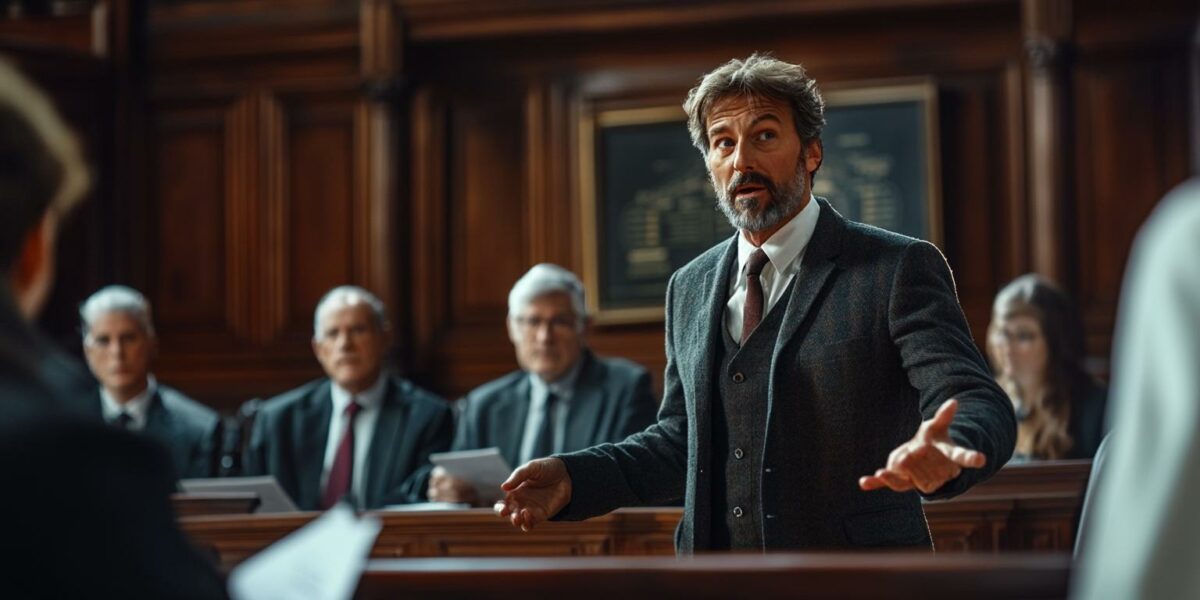The Supreme Court’s Climate Conundrum
In 2007, a landmark decision by Justice John Paul Stevens acknowledged the infancy of climate change studies during the Clean Air Act of 1970. However, this seemingly minor point had a profound impact on the legal landscape. The Massachusetts v. EPA case empowered the Environmental Protection Agency to regulate greenhouse gases, setting a significant precedent.
Fast forward to 2022, and the Supreme Court’s decision in West Virginia v. EPA dramatically curtailed the EPA’s power. Relying on the “major questions doctrine,” Chief Justice John Roberts argued that clear congressional authorization was necessary for the EPA to take such impactful actions. This shift marked a stark departure from the earlier ruling.
So, did Congress foresee the economic and political significance of regulating carbon dioxide when it passed the Clean Air Act? According to a forthcoming paper in the Ecology Law Review, the answer is a resounding yes. This revelation emerged from an extensive investigation led by science historian Naomi Oreskes.
Oreskes’ research, conducted alongside scholars from Harvard and Duke, uncovered that experts were aware of the climate-altering impacts of greenhouse gases decades ago. These findings were shared among high-ranking officials, including the architects of the Clean Air Act, revealing a much deeper understanding than previously acknowledged.
Pop Culture and Climate Awareness
Discussions about carbon dioxide and global warming were not confined to scientific circles. A 1958 educational film by Frank Capra, titled The Unchained Goddess, vividly illustrated the potential consequences of carbon dioxide emissions. Dr. Research, a character in the film, warned that melting polar ice caps could lead to severe flooding, a message that reached a broad audience.
In 1969, beat poet Allen Ginsberg appeared on The Merv Griffin Show discussing the environmental impacts of automobile emissions. This conversation sparked public interest and concern, leading citizens to seek clarification from government officials. US Sen. Henry “Scoop” Jackson’s inquiry to presidential science advisor Lee DuBridge resulted in a detailed response affirming the reality of the greenhouse effect.
This widespread awareness extended to children’s educational materials, such as My Weekly Reader. The publication covered the greenhouse effect, making complex scientific concepts accessible to young readers. Such efforts highlight how climate change awareness permeated popular culture early on.
Moreover, influential figures like DuBridge openly discussed pollution taxes on platforms like Meet the Press, emphasizing the urgent need for action. These conversations, spanning various media, underscore the depth of public engagement with climate science during that era.
Legal Implications and Congressional Intent
The diverging decisions in the Massachusetts and West Virginia cases underscore the importance of understanding congressional intent. The question remains: did Congress envision the far-reaching consequences of regulating carbon dioxide? Oreskes’ research suggests they did.
Congressional hearings and executive branch reports from the 1960s and 1970s reveal that lawmakers were aware of the long-term impacts of greenhouse gases. Discussions among top officials, including the head of the Oak Ridge National Laboratory and President Nixon’s science advisor, indicate a comprehensive understanding of these issues.
This historical context challenges the assertions made in the West Virginia case. By demonstrating that Congress recognized carbon dioxide as a pollutant with significant economic implications, Oreskes’ work strengthens legal arguments for robust climate regulation.
Key figures involved in these discussions, such as Glenn Seaborg, head of the Atomic Energy Commission, acknowledged the potential economic ramifications of carbon regulation. Their insights, shared with industry representatives, further validate the foresight of early climate science.
Surprising Discoveries and Broader Implications
Oreskes’ research uncovered surprising elements, such as the early recognition of carbon dioxide’s economic significance. Contrary to expectations, experts were already contemplating the financial impacts as early as 1969. This finding underscores the depth of understanding among scientists and policymakers.
The scale of the conversation was another revelation. Prominent scientists like Dave Keeling and Roger Revelle were joined by mainstream figures, including meteorologist Christian Junge. Their involvement highlights the mainstream acceptance of climate science within government circles.
Moreover, the integration of climate discussions into popular culture, through media like Sports Illustrated and television shows, was unexpected. This widespread engagement demonstrates how climate awareness transcended scientific communities, reaching the general public.
Finally, the involvement of powerful entities like the Air Force in climate research reveals the strategic importance of understanding atmospheric changes. This connection between military and environmental interests further emphasizes the broad relevance of climate science.



aria
Interesting read, but I wonder how this will affect current legal battles?
XavierWhispering
Thank you, Naomi Oreskes, for bringing this to light. 🌍
muffinaurora
How did Congress ignore these warnings for so long? Unbelievable!
paisleyecho
This changes everything we thought we knew about climate policy. What are the next steps?
taylorlabyrinth8
😂 The Unchained Goddess? Sounds like a sci-fi movie! But seriously, this is huge!
Benjamin9
So, the government knew all along? That’s both fascinating and frustrating!
anthonyphoenix
Is there a link to the full paper in Ecology Law Review? Would love to read it.
sadieradiant
Naomi Oreskes deserves an award for this incredible work. Thank you!
Kevin
Wow, this is mind-blowing! How did we miss this for so long?